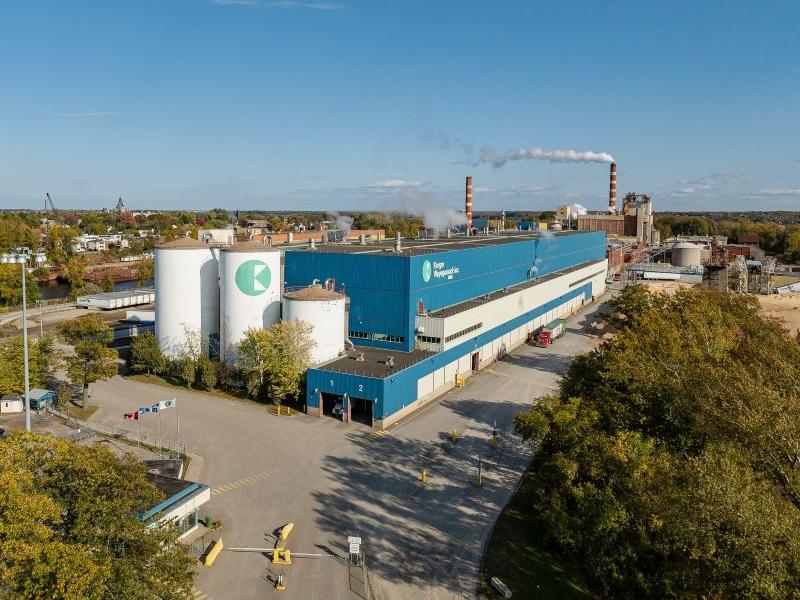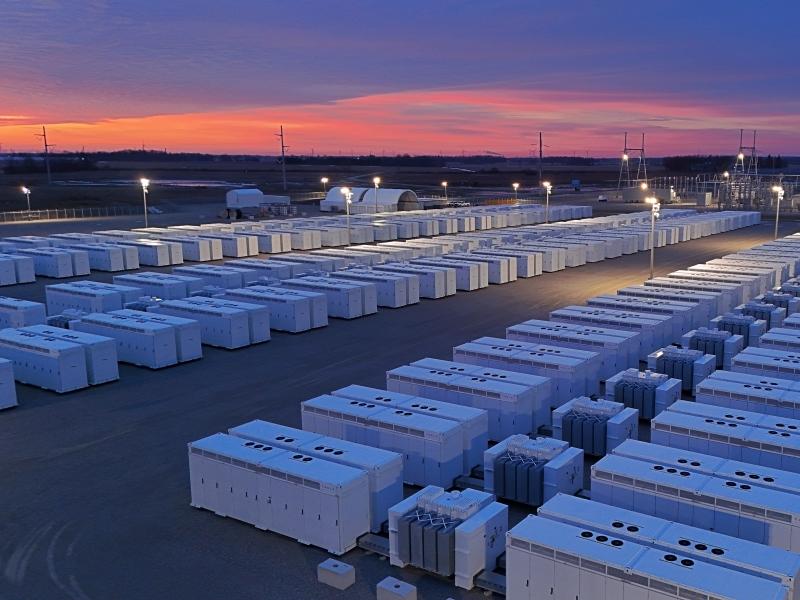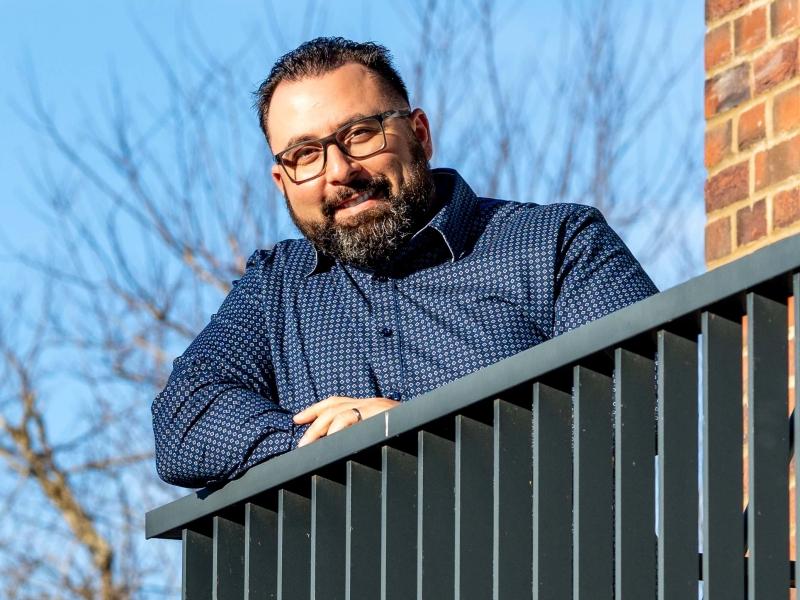
Industry-led non-profit Next Generation Manufacturing Canada (NGen) announced a $108-million investment into cleantech and sustainability startups that are greening Canadian manufacturing.
Running the gamut from transforming greenhouse gas emissions into resilient building materials, upgrading industrial waste into a means of energy storage, and better processing marine plastic waste, the Hamilton-based organization is supporting a diverse palette of solutions.
The startups and their projects are being supported by NGen’s Sustainable Manufacturing Challenge, a funding program for companies supporting Canada’s path to net-zero greenhouse gas emissions.
“Leveraging Canada’s clean technology strengths not only supports our environmental and sustainability goals but also drives significant productivity improvements for manufacturers by eliminating waste and developing new processes,” Jayson Myers, CEO of NGen, said in the announcement.
NGen is investing $37 million into the companies, with an additional $71 million in industry contributions. The funding allocated per project or company was not disclosed.
Manufacturing processes
For their efforts toward large-scale automation of a semi-continuous graphene manufacturing process, Universal Matter Inc., Cobionix Corp. and Macrotek Inc. were recognized by NGen. The Ontario-based firms collaborated on development of Universal Matter’s process of converting carbon into graphene-based products, which it says enhances the performance and sustainability of major industrial materials.
Quebec companies Dyze Design and Bloom Climate (formerly Muclitech) were awarded for optimizing additive manufacturing and design for additive manufacturing in circular manufacturing.
Mosaic Manufacturing Ltd. and Tiercon won funding for the Sustainable Automotive Manufacturing Initiative. Toronto-based Mosaic is a company working toward factory-scale 3D printing. To its west in Stoney Creek is Tiercon, a supplier of exterior components and systems to the auto sector.
British Columbia-based Panevo Services Limited and the Canada Bread Company were listed by NGen for an artificial intelligence-enabled energy management information system.
The implementation of carbon capture equipment based on molten borate salt at the Kruger Wayagamack Mill in Trois-Rivières, Que. by Toronto-based Mantel Canada and Montreal-based Kruger Inc. earned both companies investment. Mantel is the Canadian branch of U.S. carbon capture company Mantel Capture Inc. Kruger is a manufacturer of pulp and paper products.
For weaving zinc from the dust in electric arc furnaces, Barrie-based Cobric Chemicals Inc. and Vaughan-based GFL Environmental Services Inc. were chosen by NGen. The two plan to partner on a thermal treatment recycling facility in Hamilton, where electric arc furnace dust will be recycled to recover zinc and other metals.
Materials development
For developing sustainable cement through carbon capture and utilization, Calgary-based Carbon Upcycling Technologies and Mississauga-based CRH Canada Inc. were selected. Carbon Upcycling’s process converts industrial wastes such as steel slag, ashes and mine tailings into a supplementary cementitious material, which can partially replace cement. At the Ash Grove Cement Plant in Mississauga, owned by CRH, Carbon Upcycling broke ground on a commercial-level project this week.
Edwardsville, N.S.-based alterBiota, which invented a concrete additive based on biographene, and its Nepean, Ont.-based partner Giatec Scientific Inc., a developer of software for the concrete industry, were highlighted for their work on alterBiota’s precision concrete.
Toronto-area companies CERT Systems Inc., Pulsenics and Phycus Biotechnologies were awarded for their work on making sustainable chemical feedstocks through carbon dioxide conversion.
Hamilton-based Rain Carbon Inc. and Montreal-headquartered Green Graphite Technologies Inc. were funded for their collaboration on upcycling industrial byproducts and waste into sustainable energy storage materials. The two companies have partnered to produce graphite battery anode materials for electric vehicle batteries.
Carbon nanofibre-reinforced composite rods based on technology developed by Calgary-based Carbonova Corp. were touted, alongside fellow Calgary company Oilify New-Tech Solutions Inc. for investment.
Recycling
Montreal organizations UpSolv, Eco Entreprises Québec and Eco-captation were listed for their work to de-risk the recycling of polystyrene recycling at scale. UpSolv, formerly named Polystyvert, developed a way of recycling the plastic commonly used for packaging, cutlery and containers in a low-carbon process.
For processing marine plastics and plastic-carbon quantification, the Ocean Legacy Foundation and SaePlast were recognized. Ocean Legacy, a Richmond, B.C.-based non-profit, partnered with Saint John, N.B.-based plastic tub maker SaePlast on a plastic collection and recycling partnership.










